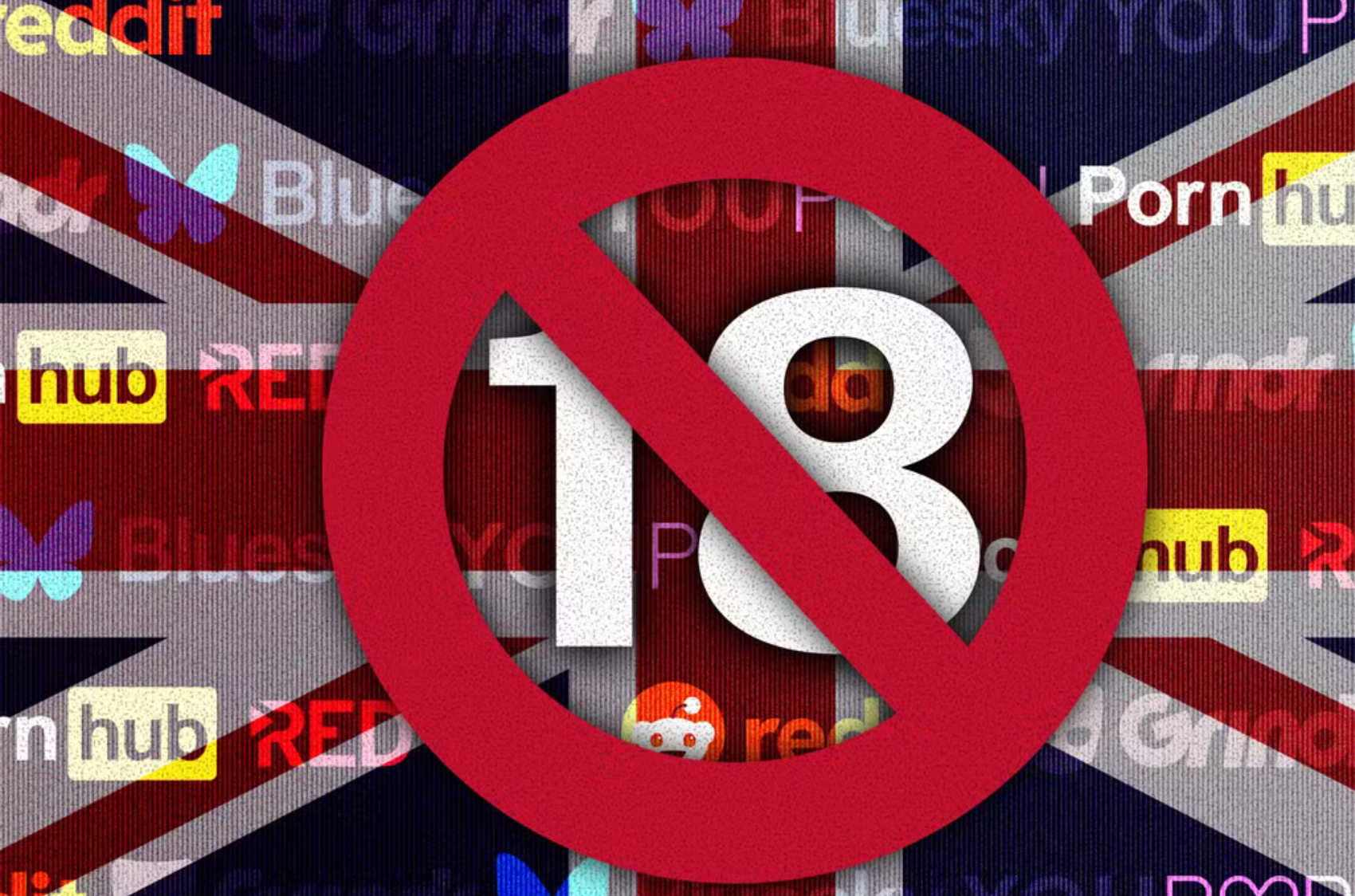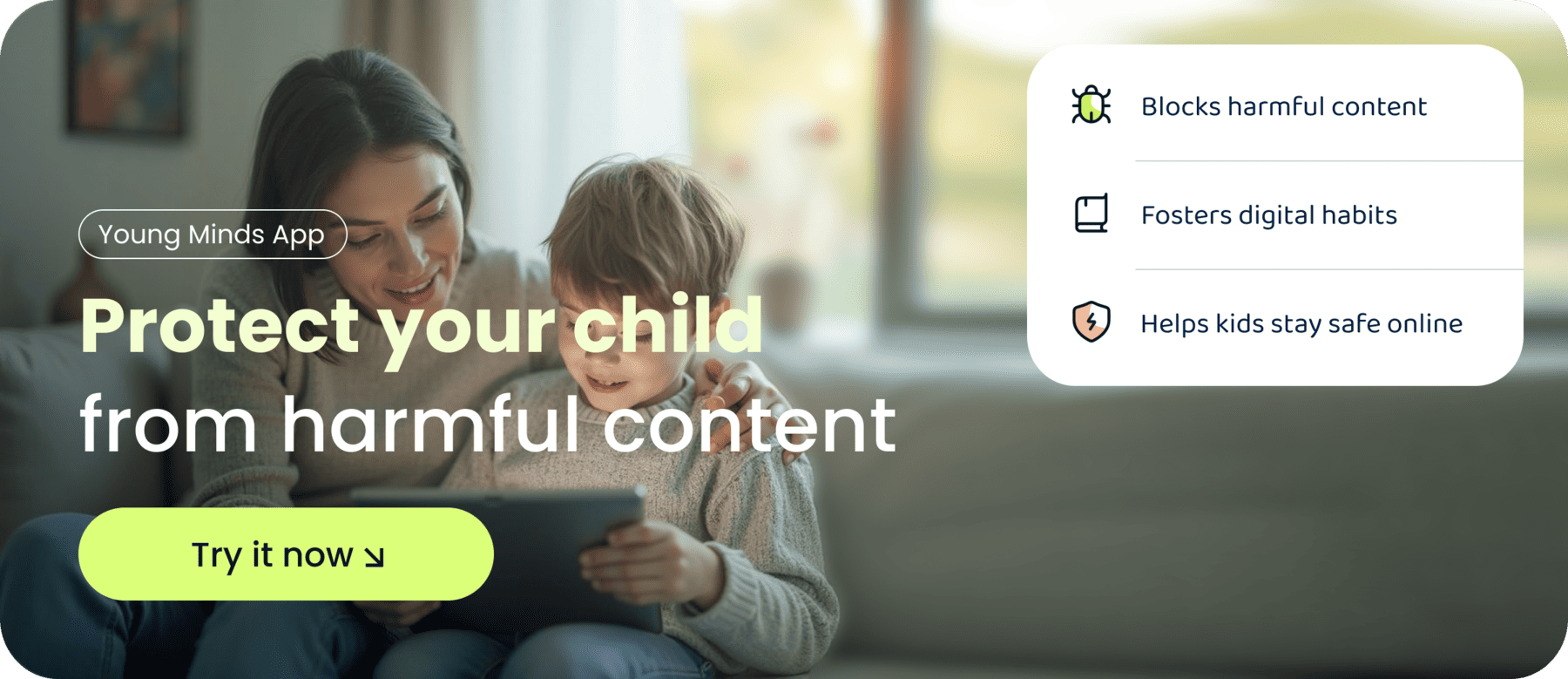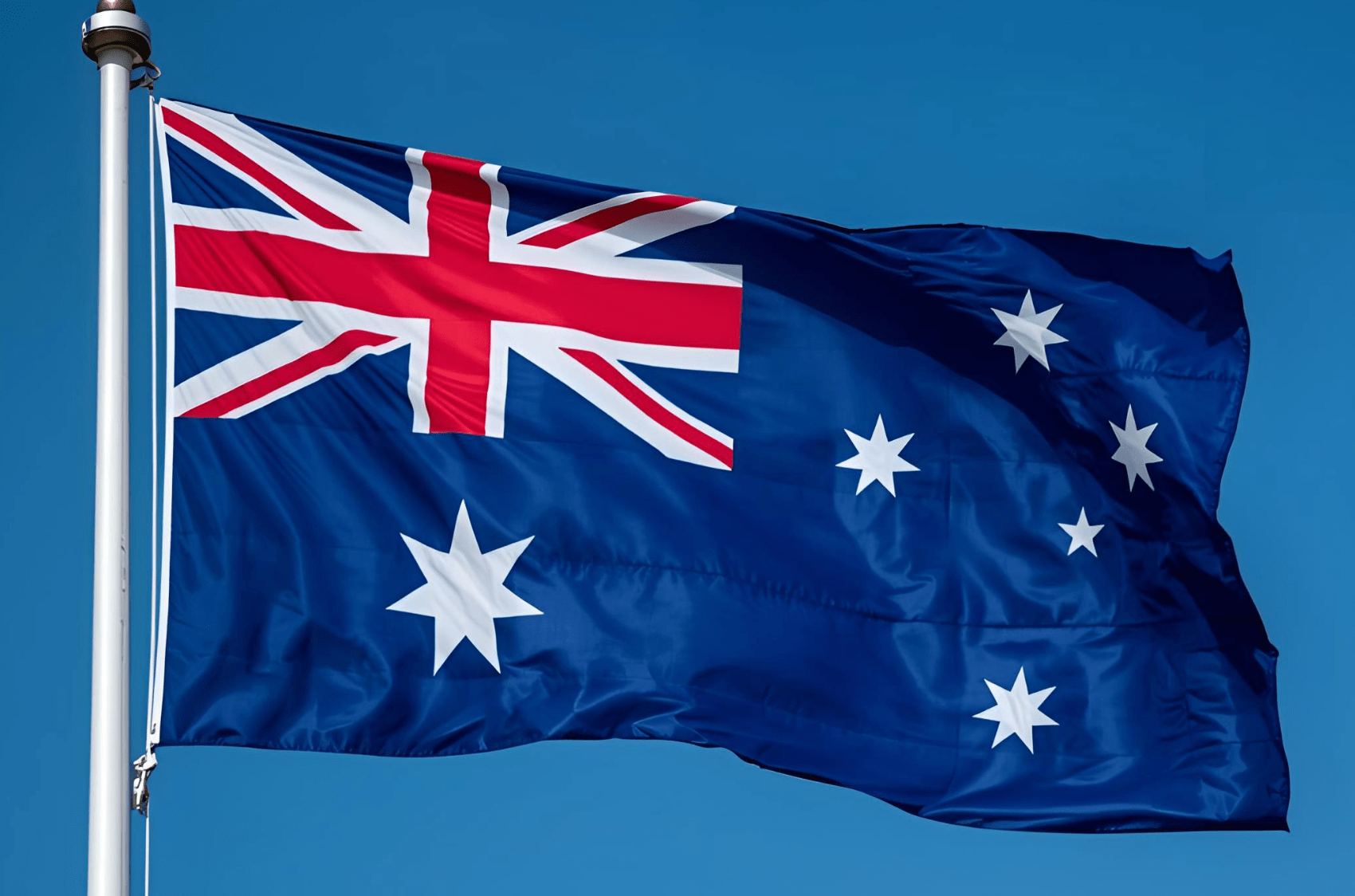France has introduced one of the world’s strictest and most ambitious age verification laws for adult websites, aimed at protecting children from exposure to online pornography.
Under this new law, effective from April 2024 for non-European sites and June 2024 for EU-based platforms, sites such as PornHub, YouPorn, and RedTube must block access to users who do not verify their age through secure, approved methods.
How Age Verification Works
Acceptable verification methods include:
- Official identity documents
- Facial recognition software
- Certified third-party age-checking technology
If a user fails to complete the verification, access to the site must be denied.
Introducing “Double Anonymity”
France’s digital regulator, ARCOM, is overseeing enforcement. The cornerstone of their model is “double anonymity”—a system designed to confirm a user’s age without storing or revealing personal identity.
This privacy-first approach is significant, especially following previous failed efforts like the UK’s 2019 age-check initiative, which faced backlash over data protection concerns.
With double anonymity:
- Websites can confirm users are over 18
- But never collect or store their personal identity
The aim is to protect children from harmful content while safeguarding adults’ privacy.

Why This Law, and Why Now?
This is not just a French issue—it’s a global concern.
A 2023 French Senate report found that two-thirds of children had encountered adult content, often before the age of 13. Similar trends are emerging in the UK, US, and Australia. Early exposure has been linked to:
- Anxiety and compulsive behaviours
- Misunderstandings around consent and relationships
- Body image issues and blurred boundaries
Governments are beginning to respond. The UK’s Ofcom will introduce mandatory age assurance by July 2024 under the Online Safety Act. Other countries including Germany, Australia, and several US states are considering similar regulations.
But What About VPNs?
Even the strictest legislation can be sidestepped through VPNs (Virtual Private Networks), which allow users to hide their location and browse from regions with looser restrictions.
For example, a child in France can use a free VPN to appear as though they are browsing from the US—thereby bypassing verification altogether. Many young people already know how to do this.
What Can Parents Do?
At Young Minds App, we support families in building healthy digital routines and resilience—even when tech workarounds like VPNs exist.
Here are practical, proactive steps parents can take:
- Block VPN Apps
Use parental controls to prevent downloads of VPNs from app stores. Be aware that some VPNs use misleading names like “TurboProxy” or “Private Browser.” - Use a Child-Safe Browser
Our Young Minds App browser features built-in filters and disables VPN-based browsing, ensuring children only access age-appropriate content. - Set Device-Level Restrictions
Apple Screen Time and Google Family Link let parents restrict app installs, block new downloads, set screen limits, and monitor usage. - Explain the “Why”
Boundaries are most effective when children understand their purpose. Talk to your child about why adult content can be harmful—not just inappropriate. - Teach Digital Responsibility
The long-term goal isn’t just to restrict access—it’s to prepare children to make safe, informed choices as they mature.
What France’s Law Teaches Us
France’s new approach signals a firm commitment to child protection—but also highlights how privacy and safety can coexist when regulation is thoughtfully designed.
The reality remains:
- No system is foolproof
- VPNs aren’t going away
- Children will test boundaries
But with smart regulation, better tools for parents, and meaningful digital education, we can significantly reduce harm.
About Young Minds App
At Young Minds App, we’re more than a parental control tool. We’re a team of educators, technologists, and parents helping families prepare—not just protect.
Our platform enables parents to:
- Filter harmful content using AI-driven safeguards
- Structure screen time with collaborative routines
- Teach children to spot online risks through interactive learning
We believe in digital readiness, not digital fear. Safety begins with trust, understanding, and shared responsibility.
Parents Also Ask:
Does France’s new law mean adult content is now fully blocked for children?
Not entirely. While the law requires strict age verification, tech workarounds like VPNs can still let children access restricted content. That’s why parental tools and education remain essential alongside regulation.
What is “double anonymity” and how does it protect privacy?
Double anonymity means your age is verified without revealing your identity. It ensures websites can confirm you're over 18 without collecting or storing personal data—addressing privacy concerns raised in earlier age-check attempts.
Does age verification work online?
Yes, online age verification can be effective when implemented properly. Many websites use methods such as ID checks, facial recognition, credit card verification, or third-party verification services to confirm a user's age. However, the effectiveness depends on the method used and the enforcement behind it. No system is foolproof, but strong verification tools help reduce access to age-restricted content by minors.
What is age verification in online safety?
Age verification is the process of confirming a user's age to help protect children and teens from accessing harmful or inappropriate online content. It's commonly used on websites offering adult content, gambling, alcohol, or social media platforms.





